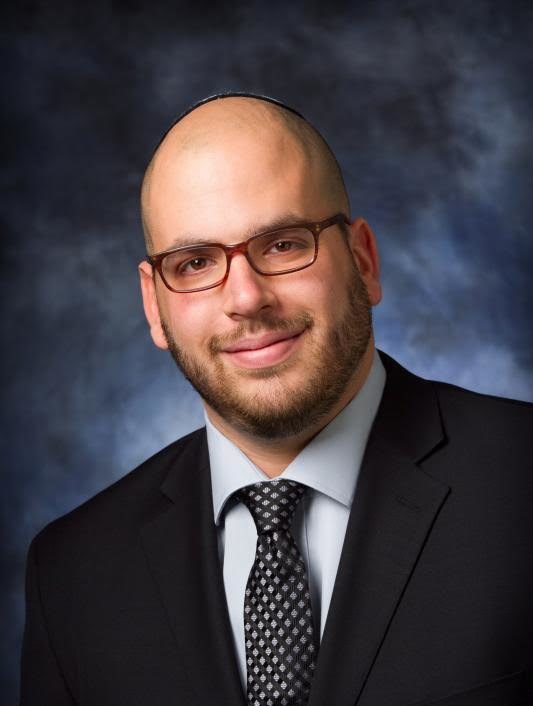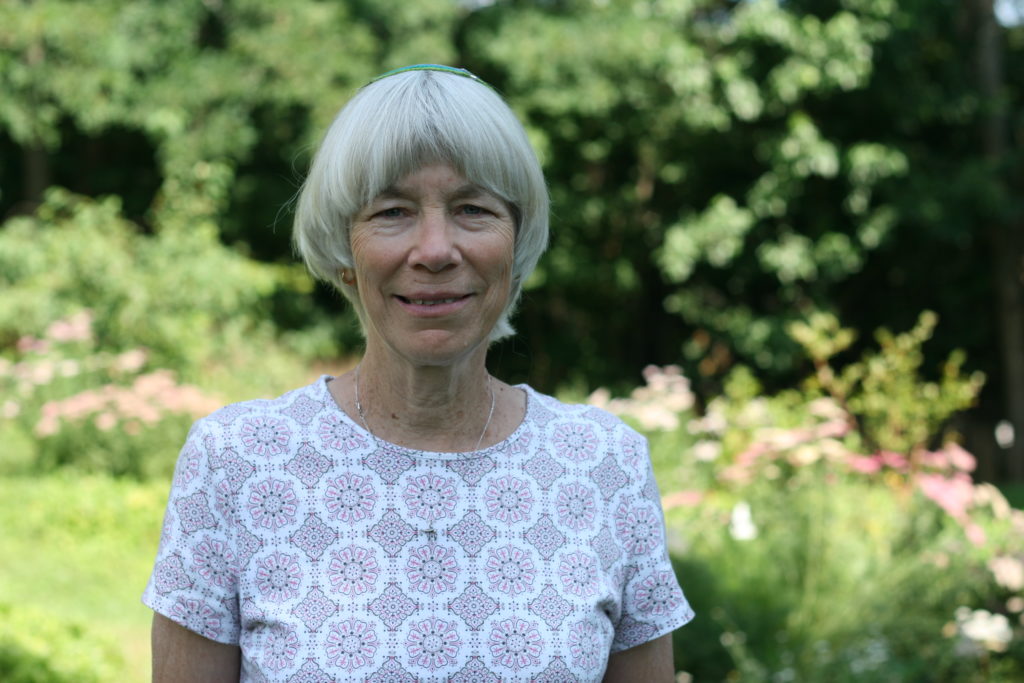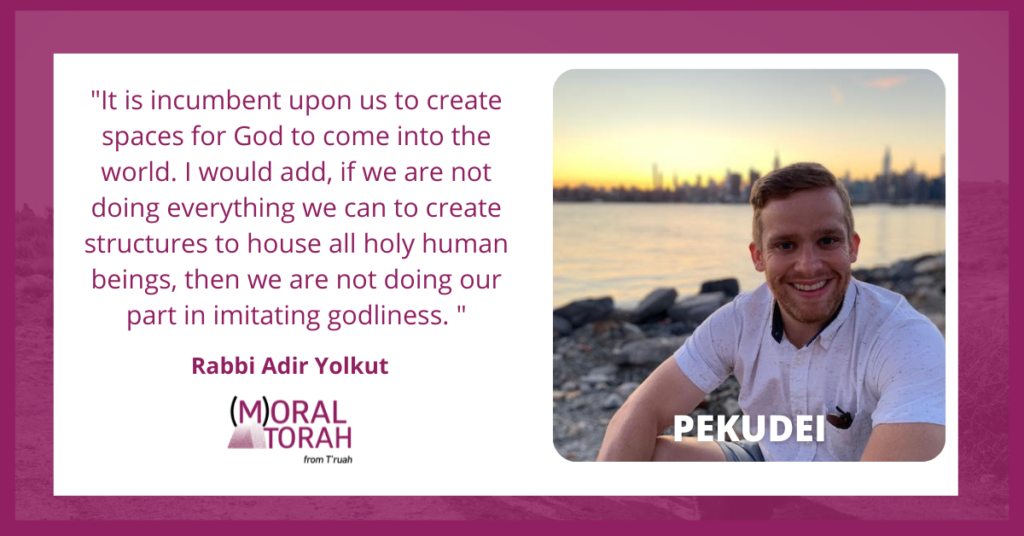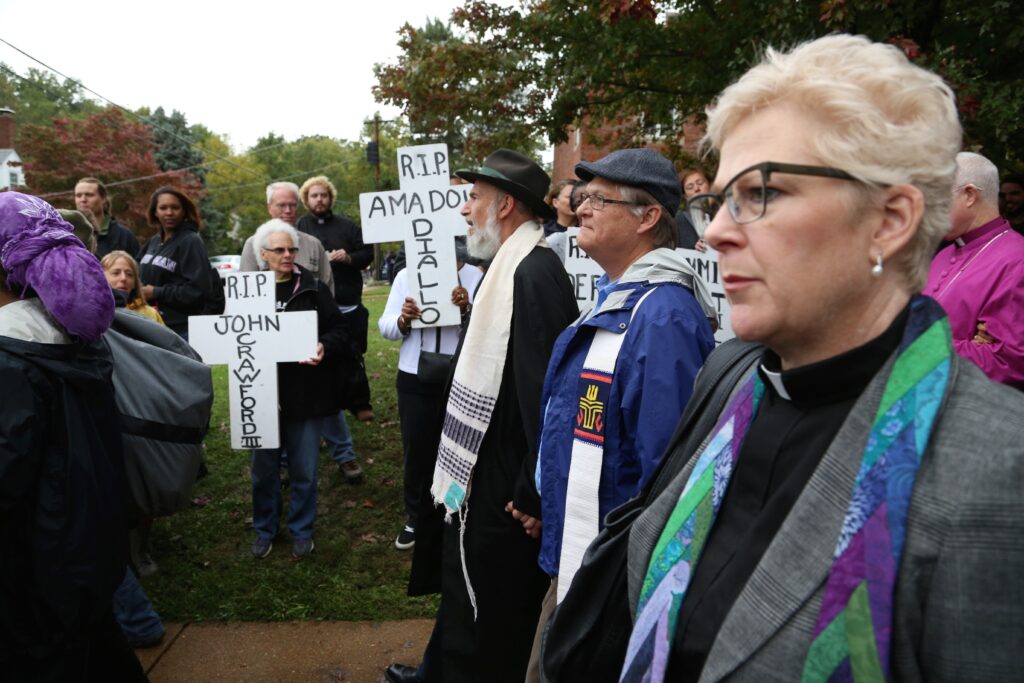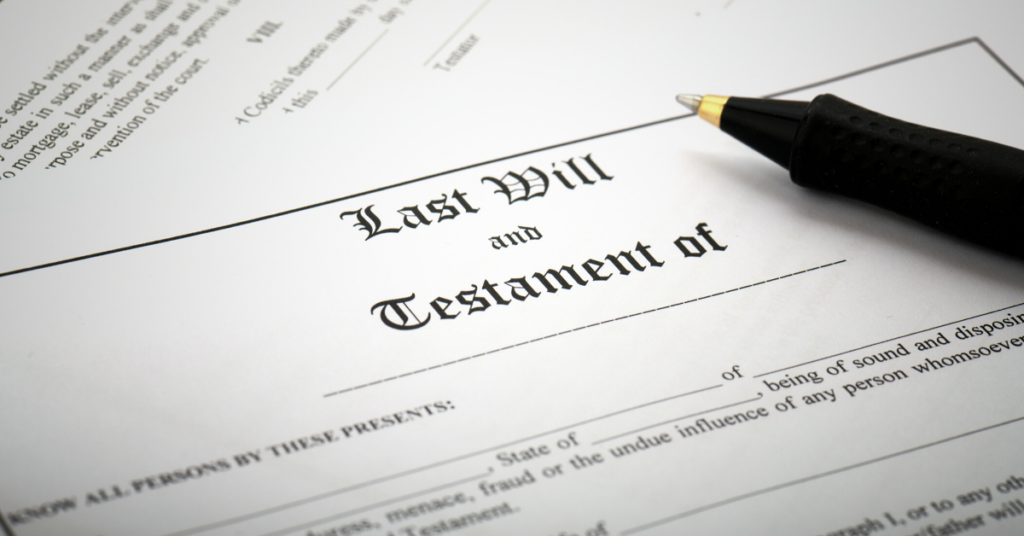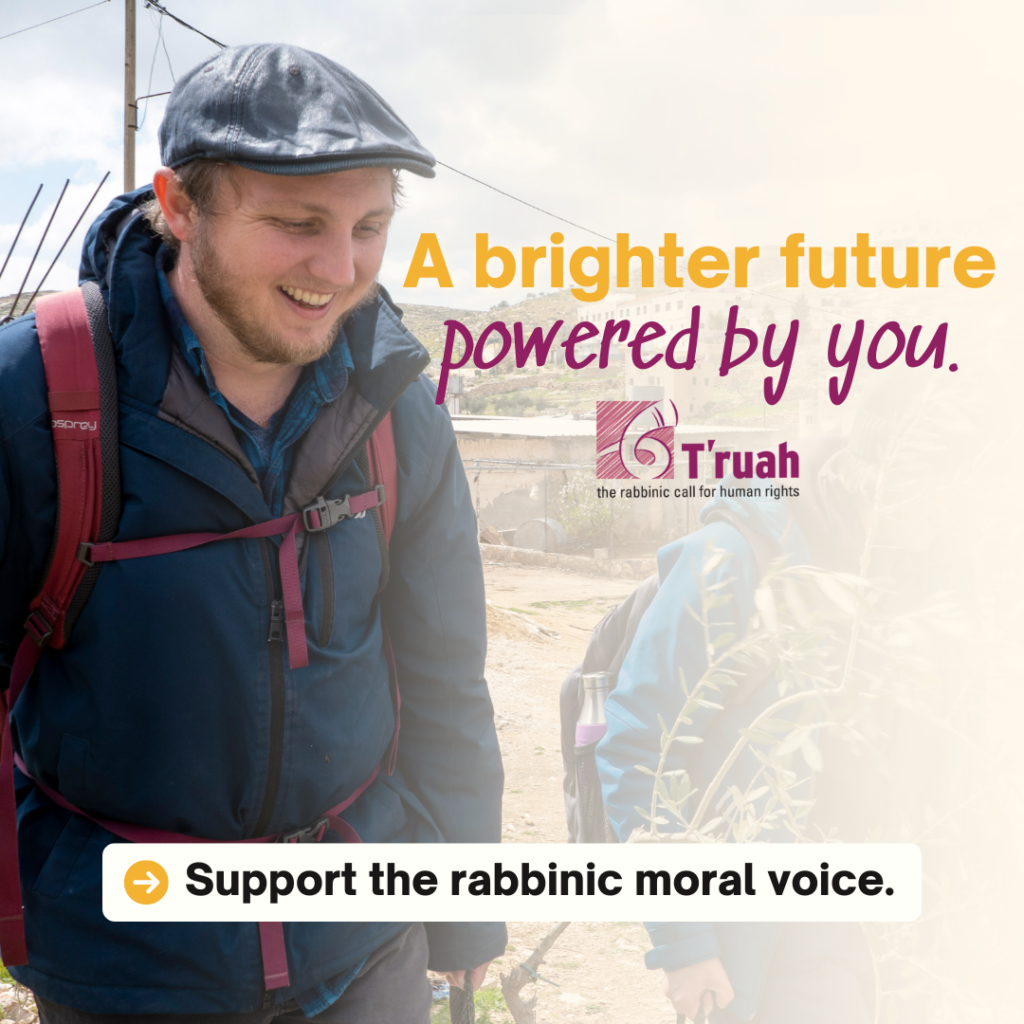
Peering Outside the Camp
“Joseph’s master had him put in prison…but even while he was there in prison, God was with Joseph.” -Genesis 39:20-21 Bulletproof glass separates me and my congregant. David [not his real name] and I sit opposite one another, in identical, soundproof, cinder-block visiting cubicles at a prison an hour’s drive from my home. He’s wearing...
read more

